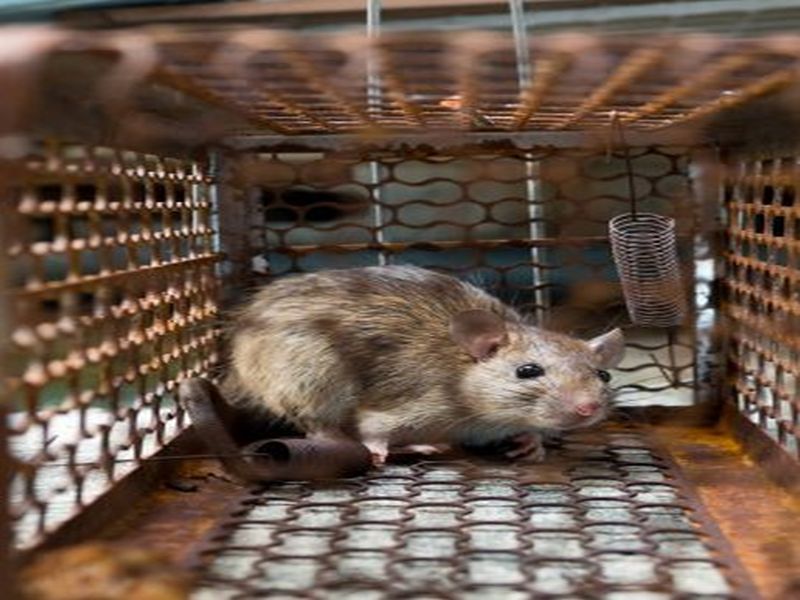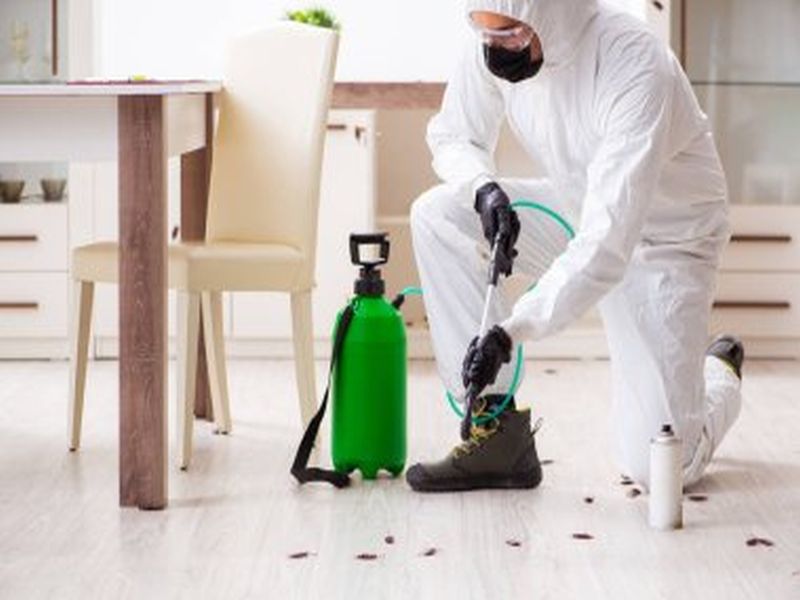Pest control is an essential aspect of maintaining a healthy and safe environment in both residential and commercial spaces. However, traditional pest control methods often involve the use of harmful chemicals that can have detrimental effects on the environment. With climate change becoming a pressing issue, it is crucial to adopt pest control practices that are not only effective but also promote climate resilience.
Climate change has led to an increase in temperatures, which creates an ideal environment for pests to thrive. As a result, there has been a significant rise in infestations of various pests such as mosquitoes, ticks, and rodents. These pests not only pose health risks but also cause damage to property and crops. In response to this problem, many homeowners and business owners turn to chemical pesticides as a quick fix solution.
However, these chemicals not only harm the pests but also have adverse effects on the surrounding ecosystem. Pesticides can contaminate water sources and soil, killing beneficial insects such as bees and pollinators essential for maintaining biodiversity. Furthermore, these chemicals can also harm humans if ingested or exposed for prolonged periods.
To mitigate these issues caused by traditional pest control practices, it is necessary to adopt safe pest control https://www.telegraph.net.au/the-entrepreneurs/407-sydney-pest-control-quick-traps-against-vermin-invasion-effective-fast-and-easy methods that foster climate resilience. This approach involves using environmentally friendly techniques while considering the impact on climate change.
One alternative method is integrated pest management (IPM), which focuses on preventing infestations rather than exterminating them once they occur. IPM involves identifying potential entry points for pests and implementing preventive measures such as sealing cracks or installing screens instead of relying solely on pesticides.
Another approach is biological control where natural predators of common pests are introduced into an ecosystem to regulate their populations effectively without relying on harmful pesticides.
In agriculture settings where crop protection from pests is crucial for food security, sustainable farming techniques such as crop rotation or intercropping can be implemented instead of resorting to chemical pesticides. These methods not only help prevent infestations without harming the environment but also promote soil health and biodiversity.
Besides, climate-resilient pest control practices can also involve utilizing non-toxic alternatives such as essential oils, neem oil, or diatomaceous earth. These natural substances effectively repel pests without harming humans or the environment.
Apart from adopting safer methods of pest control, it is crucial to educate individuals and communities about the importance of climate resilience in combatting pest infestations. By understanding how climate change affects pest behavior and exploring sustainable solutions, people can make informed decisions to mitigate their impact on the environment while protecting their homes and businesses from pests.
In conclusion, safe pest control practices that foster climate resilience are essential for maintaining a healthy ecosystem. It is crucial to move away from harmful chemical pesticides and instead opt for more sustainable methods such as IPM, biological control, or utilizing non-toxic alternatives. Additionally, educating individuals about the effects of traditional pest control on the environment can lead to a more significant shift towards more environmentally friendly approaches that benefit both humans and nature. By working together towards safe pest control practices that prioritize climate resilience, we can build a healthier and greener world for future generations.




